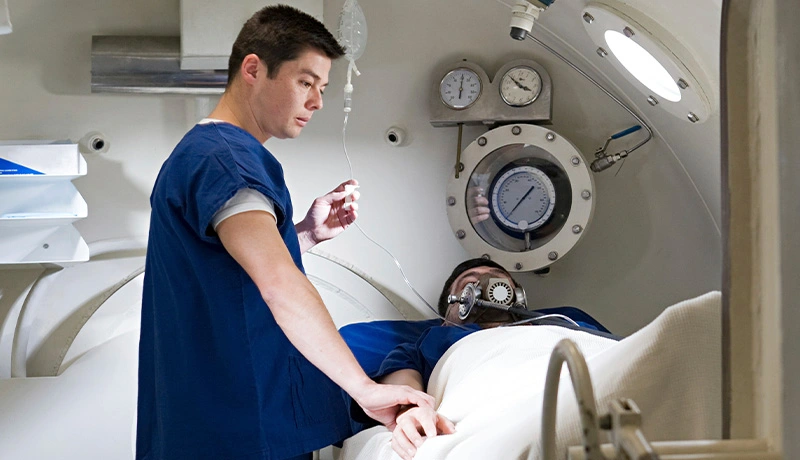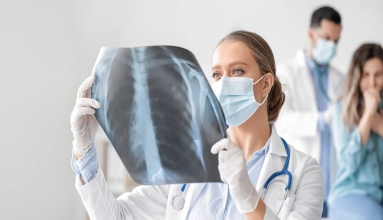Maritime medics liability

Legal Protection and Reassurance for Maritime Medics: Acting Safely Under Telemedicine Guidance
Introduction
In the ever-evolving landscape of maritime healthcare, telemedicine services have revolutionized medical care at sea. Ocean-going vessels, often far from immediate medical facilities, now rely heavily on telemedicine to manage emergencies. Maritime medics, who are trained sailors receiving several weeks of medical instruction, play a crucial role in these situations. They assist in performing life-saving procedures with direct guidance from shore-based doctors. Although these medics lack certification as healthcare practitioners, they ensure that urgent medical care reaches those in need.
This article explores the legal protections available for maritime medics, reassuring both them and shipping companies about their limited liability when acting under telemedicine guidance.
1. Acting Under Medical Supervision: Limited Liability
Maritime medics perform medical interventions under the direct supervision of qualified physicians using telemedicine platforms. Therefore, their legal liability remains limited. Although medics possess the competence to carry out basic medical procedures, they do not act independently. Instead, they follow real-time instructions from licensed doctors, who retain primary legal responsibility for the medical decisions made.
Consequently, the overseeing physician assumes accountability for outcomes, rather than the medic. This collaboration ensures maritime medics act as extensions of the doctor’s care, protecting them from legal exposure.
Good Samaritan Laws and Legal Protections
Many jurisdictions provide legal protection under Good Samaritan laws to individuals, including maritime medics, who offer emergency assistance. As long as their actions are in good faith and free from gross negligence, these laws shield them from liability. Therefore, if the medic follows the physician’s guidance and acts within their scope of training, they are typically protected from legal consequences.
Key Points
- Good Samaritan laws offer protection for maritime medics acting under supervision.
- Liability remains minimized as long as medics act within their training and follow guidance.
- The telemedicine physician holds primary responsibility for medical decisions.
2. Maritime Law and Medical Care at Sea
International maritime law recognizes the unique challenges associated with healthcare delivery on ships. The Maritime Labour Convention (MLC) 2006, ratified by over 90 countries, mandates that shipowners ensure seafarers receive appropriate medical care. Telemedicine has become a key solution to fulfilling this requirement in remote areas.
Moreover, the International Maritime Organization (IMO) emphasizes the importance of equipping vessels with adequate communication tools. This setup allows real-time medical consultations between ship personnel and shore-based doctors. By adhering to these guidelines, the legal responsibility for medical outcomes remains with the licensed professionals guiding the interventions, not with the maritime medics.
Key Provisions of the MLC and IMO Guidelines
- Ships must provide communication systems to facilitate telemedicine.
- Maritime medics operate under the direct supervision of licensed physicians.
- Legal responsibility for medical outcomes rests with the guiding physicians.
3. Telemedicine and Remote Healthcare: Academic Perspectives
Several academic studies highlight the effectiveness and legal implications of telemedicine in remote environments such as ships. Research consistently demonstrates that telemedicine improves patient outcomes and reduces the risk of medical errors in isolated settings. One key finding is that when non-medical personnel like maritime medics receive guidance from experienced physicians, the risks to both patients and assisting personnel diminish significantly.
A study by Tarkowski et al. (2016), titled “Telemedicine in Maritime Settings,” found that telemedicine enhanced both medical response times and patient care quality. Additionally, the study underscored that maritime medics, when acting under telemedicine supervision, are legally considered extensions of the guiding physician’s care. Thus, their liability remains limited.
Research Findings
- Telemedicine improves response times and medical care in maritime settings.
- Maritime medics receive legal protection when operating under physician supervision.
- Academic studies reinforce the importance of telemedicine in remote healthcare environments.
4. Safeguarding Shipping Companies from Liability
Shipping companies utilizing telemedicine systems are also well-protected from legal liability, provided they comply with international standards. By adhering to the MLC 2006 and IMO guidelines, these companies ensure they provide proper medical care to their crews, thereby reducing their legal exposure.
In the event of an adverse outcome, companies can demonstrate adherence to best practices by showing they provided telemedicine technology, trained medics, and ensured that licensed professionals directed all medical procedures. Therefore, these actions not only minimize legal risk but also enhance crew safety.
Legal Safeguards for Shipping Companies
- Compliance with MLC 2006 and IMO guidelines minimizes liability risk.
- Telemedicine ensures licensed professionals, not medics, make medical decisions.
- Companies demonstrate adherence to industry standards by implementing telemedicine systems and training maritime medics.
5. Reassuring Maritime Medics
Performing medical procedures aboard a ship can be daunting for maritime medics, especially during high-pressure emergencies. However, their role remains clearly defined and limited to following instructions from shore-based telemedicine doctors. Maritime medics do not make independent decisions, allowing them to act confidently, knowing that certified professionals guide their actions.
By understanding that they are protected both legally and professionally, maritime medics can carry out their duties without fear of legal repercussions, focusing on delivering essential care. This reassurance plays a vital role in maintaining a calm and effective response during emergencies.
Reassuring Maritime Medics
- Maritime medics operate under licensed physician supervision, reducing their liability.
- Clear communication protocols ensure medics understand their role in medical procedures.
- Legal protection enables medics to perform essential tasks without concern for legal consequences.
Conclusion: Safety, Responsibility, and Peace of Mind
The collaboration between shore-based doctors and maritime medics provides a critical lifeline for crews aboard ocean-going vessels. Though maritime medics are not certified healthcare professionals, they remain shielded from legal liability as they operate under the guidance of licensed physicians. This arrangement ensures that medical responsibility rests with the telemedicine doctor, allowing medics to perform their roles confidently.
For shipping companies, investing in telemedicine systems and training maritime medics enhances crew safety while minimizing potential legal risks. Meanwhile, maritime medics can approach their duties with peace of mind, knowing they are part of a structured, legally protected healthcare system designed to save lives at sea.
Frequently Asked Questions
-
What is telemedicine, and how does it help ships in remote areas?
- Telemedicine is the use of technology to provide medical care remotely. For ships in remote areas, it allows immediate communication with doctors onshore for diagnosis, guidance, and emergency management, reducing health risks for the crew.
-
What procedures should be followed before administering medications by maritime medics?
- Before administering any medication, maritime medics must follow protocols, communicate with the telemedicine doctor, and ensure they fully understand the instructions. Additionally, they should document the medications used and the patient’s condition.
-
What are the benefits of training seafarers in basic medical skills?
- Training seafarers in basic medical skills increases their ability to handle emergencies with confidence. It also improves collaboration with onshore doctors, speeds up response times, and enhances onboard safety.

